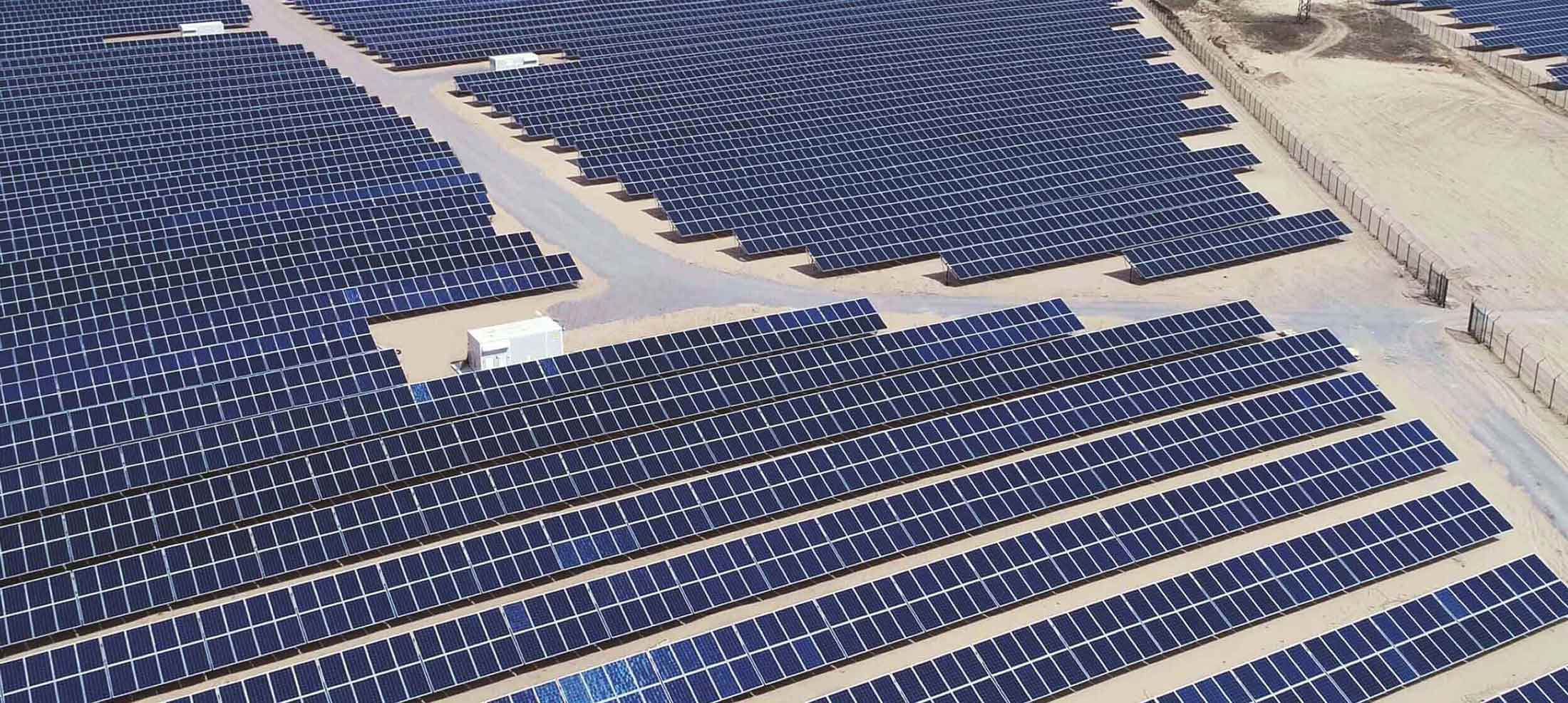Strategic Review Economic Overview

The UAE government’s effective response to the global pandemic, including world-leading testing and vaccination programmes, created the foundations for a steady economic recovery in 2021. We see a strengthening in real GDP growth in 2022 driven by the oil sector, after the economy returned to positive growth in 2021 (driven by the non-oil sector), rebounding from a contraction of 6.2% the previous year.
Globally, the lingering impact of the pandemic and surges of the Delta and Omicron variants in 2021 continued to disrupt supply chains and labour market dynamics, contributing to rising inflation. Certain externally focused economic sectors in the UAE, particularly aviation and travel, remained impacted, albeit while showing strong signs of recovery. However, the regional trade and logistics sectors have benefitted from a shift in spending towards goods from services, while corporates have also sought to diversify or localise supply chains due to global bottlenecks.
The hospitality sector, which was impacted significantly in 2020, benefitted from an easing of international travel restrictions from mid-2021, which led to an increase in visitor numbers. The recovery was supported by Expo and various sporting events, with arrivals led by visitors from India, Saudi Arabia, and the United Kingdom.
Residential real estate experienced a recovery in sale and rental prices, primarily driven by the villa segment, which benefitted from increased demand for more space following the pandemic and various reforms introduced to strengthen the investment environment. Strengthening sentiment among home buyers translated to increasing transactions for off-plan properties as the year progressed, with tightening supply in the villa segment.
As the economy recovered, the Central Bank of the UAE ended the loan deferral programme under its Targeted Economic Support Scheme (TESS) at the end of 2021. Introduced in early 2020 to support companies and individuals impacted economically by the global pandemic, TESS has proven a success. Commercial banks implemented the programme to extend critical support to customers during a challenging period and to provide a clear recovery route.
As a result, the UAE’s banking sector has remained robust throughout the global pandemic and continues to benefit from comfortable liquidity and capital positions. Gross system-wide credit contracted in the first half of the year due in part to oversupply in crucial areas of the economy, but rebounded in the fourth quarter, driven by increased demand from government-related entities (GREs) and a pick-up in private sector demand. Retail credit demand was strong and accelerated in the second half of the year.
The sharp rise in global oil prices in 2021, combined with increased production from mid-2021, have strengthened the UAE’s fiscal and external positions and resulted in a strengthening in economic fundamentals.
The country continues to prepare for a low carbon future by driving economic reform to promote the development of a diversified economy, increasingly driven by the private sector. In tandem, the UAE announced its Net-Zero by 2050 strategic initiative, with a pledge to invest AED 600 billion in clean energy and renewables over the next three decades to meet this objective. The country has invested significantly in solar and nuclear power and is now committing capital to develop a hydrogen industry as a critical component of its energy transition.
Total investment in clean energy and renewables pledged by UAE government over next 30 years (AED)
To further improve the environment for business and investment, the government has introduced wide-ranging adjustments to the corporate and civil legal frameworks. The reforms included allowing full foreign ownership of onshore companies in many sectors, relaxing visa and citizenship requirements, greater protection of personal data, stricter copyright rules, and new labour laws to ensure better protection and well-being.
We forecast a further rebound in economic activity and GDP growth in 2022, supported by strong oil production increases, and with non-oil sector activity remaining robust. While UAE benchmark interest rates will rise in line with expected rate hikes by the U.S. Federal Reserve, macro-economic fundamentals are likely to remain robust in 2022. GCC countries are likely to experience tailwinds from their ongoing recovery from the global pandemic, supported by robust global hydrocarbon prices.
The policy focus remains on supporting the recovery from the pandemic and strengthening the growth outlook. We see greater momentum in project awards, especially in Abu Dhabi, where ADNOC is pursuing a programme to raise gas output. Another key driver of growth will be the UAE’s ‘Projects of the 50’ series of developmental and economic projects that aim to accelerate the country’s development and transform it into a comprehensive hub in all sectors and an ideal destination for talents and investors. These projects address many focus areas, including economy, entrepreneurship, advanced skills, digital economy, space, and advanced technologies.

